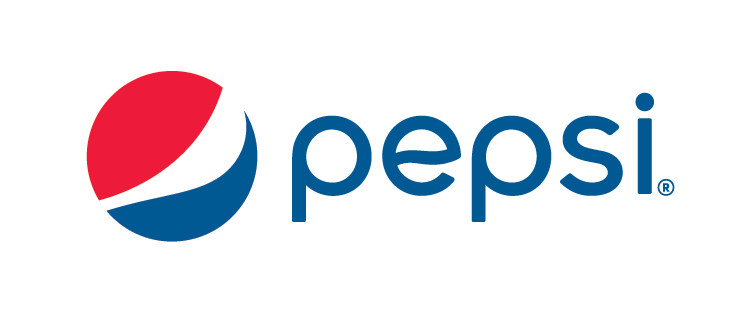In Response to Soda Tax, Pepsi Pushes Smaller Bottles

If you can’t beat ’em… try to work around ’em. That seems to be the tactic undertaken by Pepsi in regards to alleged ongoing woes created by Philadelphia’s soda tax. The tax, which benefits public schools and community centers, was passed by Mayor Jim Kenney last June and implemented the first day of this year. It applies not just to sodas, as the name implies, but also sweetened teas, milks, juices, and even diet sodas. The tax is at the distributor level, but pretty much all beverage companies have reacted by passing the cost down to consumers, making these drinks much more expensive. Two-liter bottles, for example, have seen their prices nearly double.

As part of its strategy to combat Philadelphia’s soda tax, Pepsi is rolling out smaller bottles.
Pepsi has been the biggest whiner about the soda tax, claiming that lost profits as a result have forced them to lay off 100 workers and cut into their bottom line. But the company is trying out a canny move to try and regain some of those lost dollars: they are manufacturing smaller soda bottles. Think about it: a standard two-liter soda contains almost 64 ounces of fluid, which is subject to a soda tax of 96 cents. A one-liter bottle is only half that. For families pinching pennies, Pepsi thinks, this could be a great thing.
“We believe this will give our retail and foodservice partners the best chance to succeed in this challenging environment and will minimize the chance of product going out-of-date,” Pepsi spokeswoman Jennifer Ryan told Philly.com.
Pepsi isn’t alone in the concept of testing out smaller bottles. As per Fox News, “Coca-Cola, too, is promoting their 7.5-ounce mini-cans and 1.25-liter bottles in stores, but they claim it’s not merely because the smaller sizes would reduce the tax burden on consumers.” In fact, sales of the smaller bottles surged by nine percent last year. Coke, however, is not blaming the soda tax so much as they say they are catering to consumer demand for smaller containers of soda.



